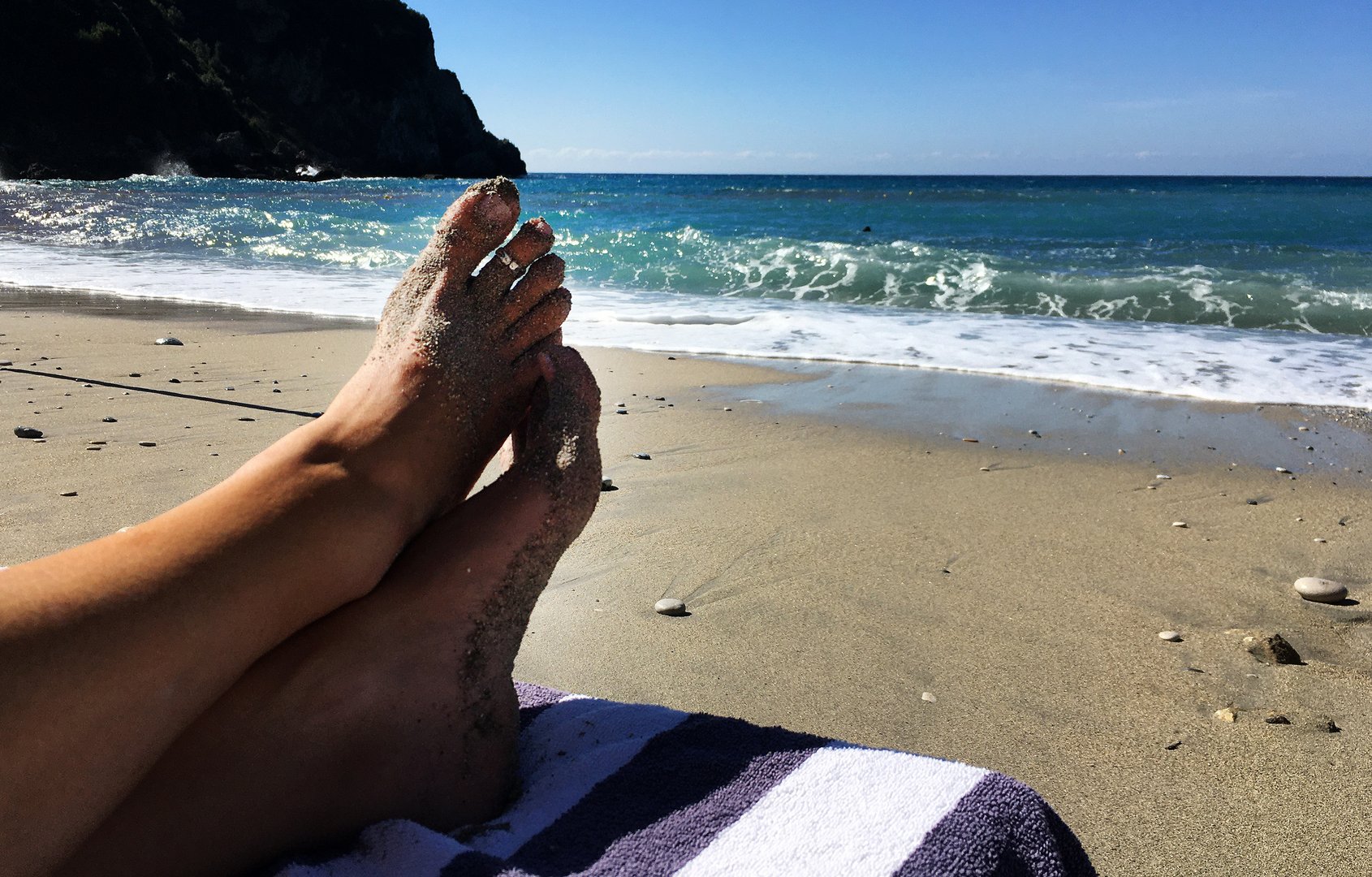Greece is laying out the sunbeds and beach umbrellas as it prepares to reopen to tourists in May and resurrect an industry which suffered one of its worst years in decades because of the coronavirus pandemic.
“All you need is Greece,” Tourism Minister Harry Theoharis said this week in an address from the Acropolis museum, home to sculptures from Greek antiquity.
The tourism sector accounts for about a fifth of Greece’s economy.
As COVID-19 vaccination programmes get underway around the world, Greece is relying on its record in handling the pandemic to draw foreign tourists back to its islands and monuments.
It has led calls for Europe to adopt a common digital pass showing whether someone has been vaccinated to allow travel over the summer.
Theoharis said Greece would open to visitors either way.
“People who are vaccinated, have tested negative or recovered from the disease and have antibodies are welcome to Greece and we will welcome them irrespective of any agreements,” Theoharis told Reuters.
In 2020, the worst year on record for global tourism according to the U.N. World Tourism Organization, just 7.4 million people travelled to Greece, fewer than at any time during its decade-long economic crisis and down from a record 31.3 million the year before.
Revenues plunged to 4 billion euros ($4.81 billion) in 2020 from 18 billion in 2019 as the economy shrank by more than 8%, adding pressure on a budget already creaking under one of the world’s heaviest debt burdens. The number of British and German tourists was down 70% and 62% respectively.
“We will have a better year than last year,” Theoharis said. “This is not obvious now because the bookings are depressed… there’s a lot of gloom, a lot of pessimism in the market, but I’m sure in the end my calculation is going to be correct.”
Greece, with a population of 11 million, has recorded about 7,000 deaths and is again in lockdown after a surge in new cases squeezed a health system battered by the economic crisis.
Theoharis dismissed criticism that tourism increased new infections last year as “understandable … but completely unfounded.”
“The second wave which engulfed all of Europe roughly at the end of October, beginning of November, came to Greece at exactly the same time, perhaps even a couple of weeks later,” he said.
Residents of several Greek islands have been vaccinated and Greece plans to vaccinate all tourism workers by summer, after vulnerable groups. Those not vaccinated will be tested at least once a week, Theoharis said.
About one in five workers has a job in tourism.
“We have to balance all concerns because we have people who are employed, we have people who need to find jobs,” Theoharis said. “This year I think we have more tools in our arsenal.”
Meanwhile Greece said on Thursday it would pump another 2.5 billion euros ($3.0 billion) into its fragile economy to shield it from the impact of the coronavirus pandemic as it struggles to ease pressure on its overloaded health system.
Prime Minister Kyriakos Mitsotakis said in a statement the total amount of funds spent this year to support businesses and jobs would increase to 11.6 billion euros from 7.5 billion initially earmarked for this purpose.
The move, he said, comes as the conservative government is making a “titanic effort” to boost the health system and would help towards a smooth transition to a post-COVID era.
Still emerging from a decade-long debt crisis, Greece has been battling the COVID-19 pandemic for more than a year, imposing and lifting restrictions to curb its spread, like most European countries.
Despite making progress in vaccinations and recently tigthening lockdown rules, infections are still on the rise.
Most of the measures announced on Thursday, which include forgiving up to 50% of government loans to businesses and extending repayment periods to 60 installments, were an extension of existing measures.
The government also said it would subsidise the monthly loan payments for COVID-hit businesses by up to 90% for eight months and provide grants for part of their fixed costs for rents, energy and telecommunications.
The leftist Syriza party, the main political opposition, said Mitsotakis’ unexpected statement on economic relief early on Thursday was an effort to divert attention from protests.
Clashes broke out between police and protesters after a man was beaten by police during checks on compliance with COVID-19 restrictions this week. After a policeman was beaten by protesters in another round of violence on Tuesday, Mitsotakis made a televised address calling for restraint.
Mitsotakis is expected to cross swords with Syriza leader Alexis Tsipras on the issue of violence in parliament on Friday.







Click here to change your cookie preferences